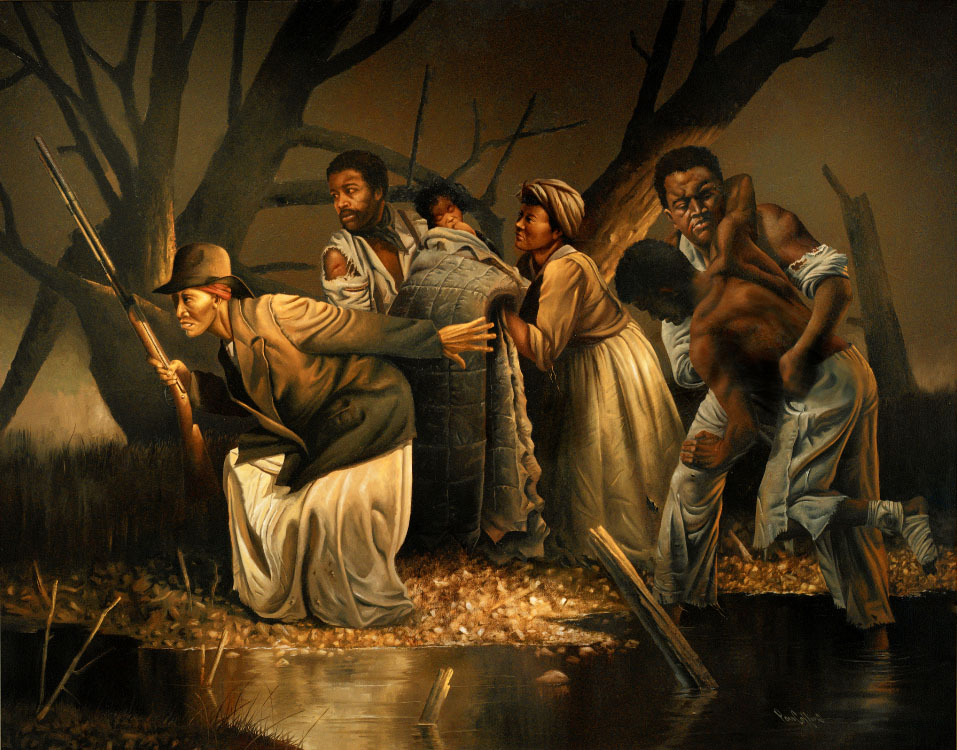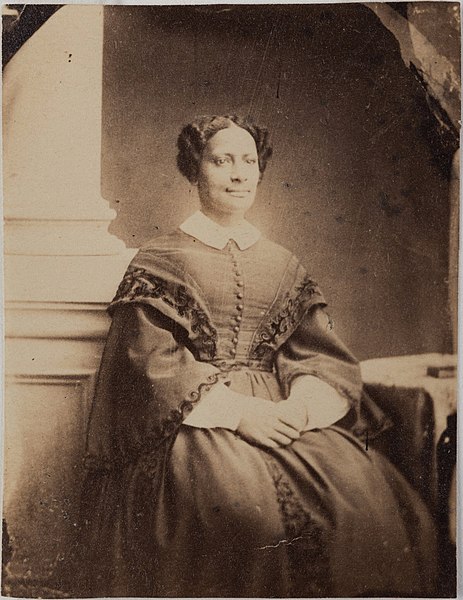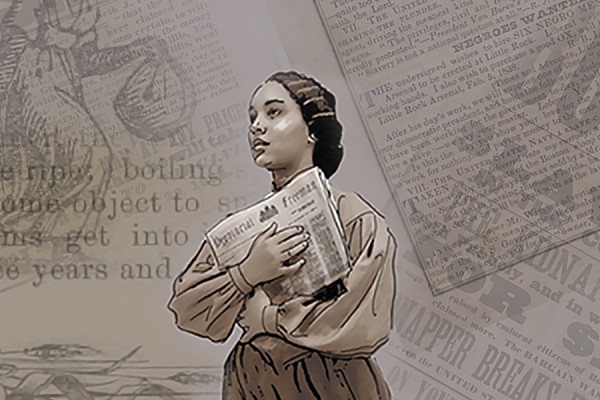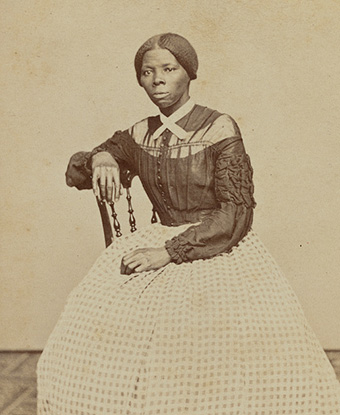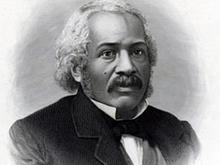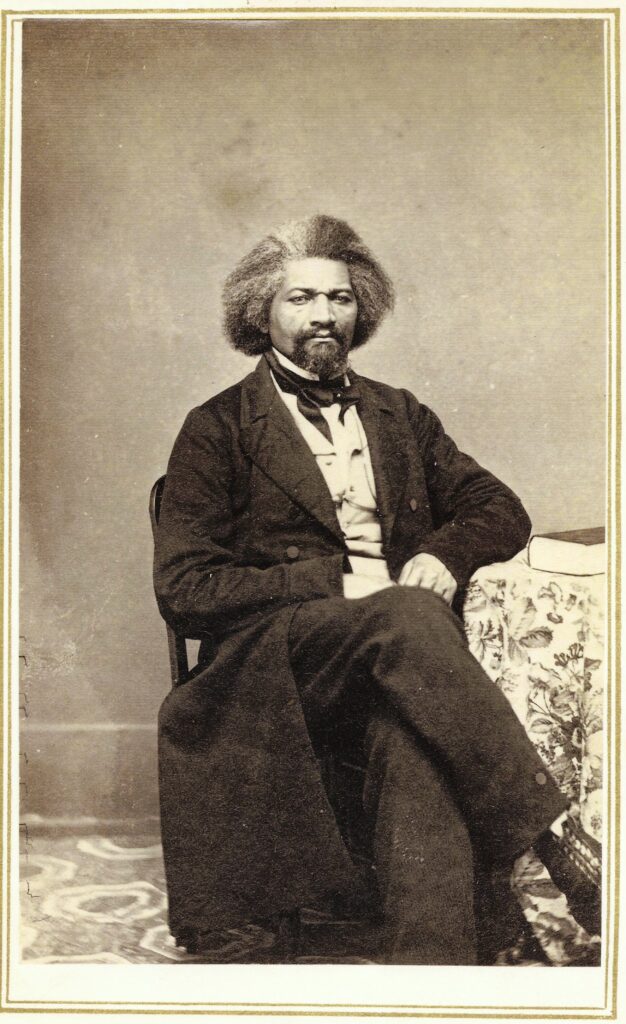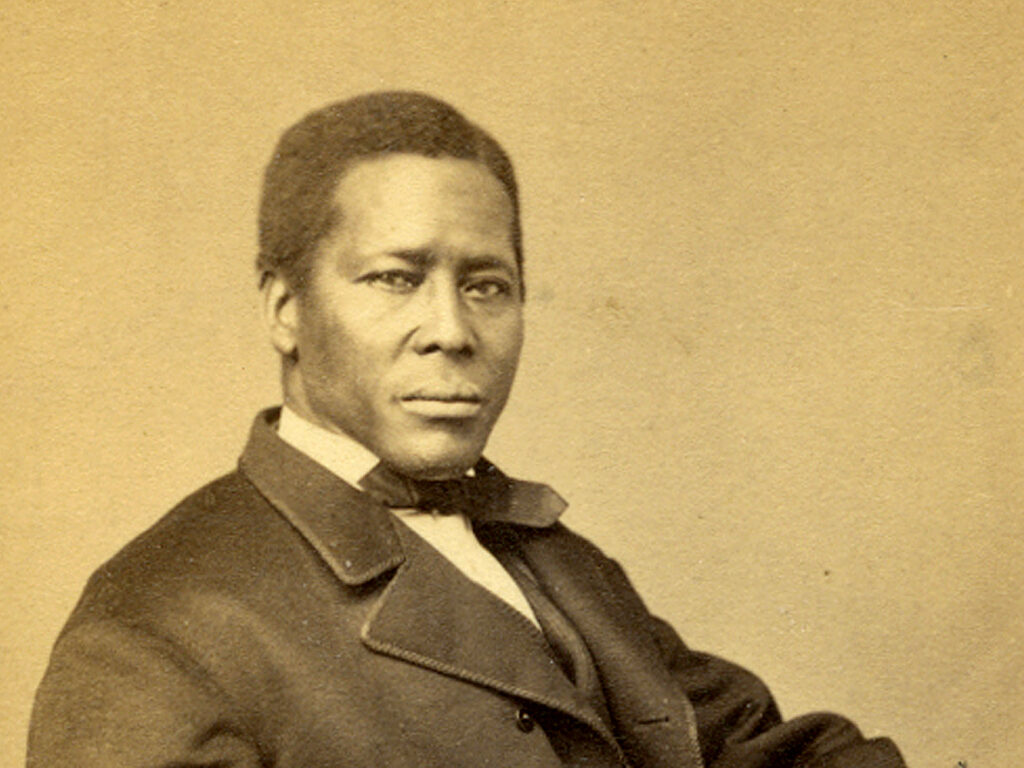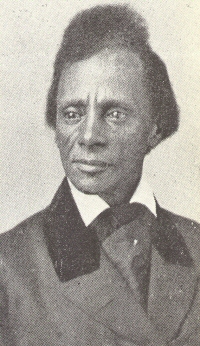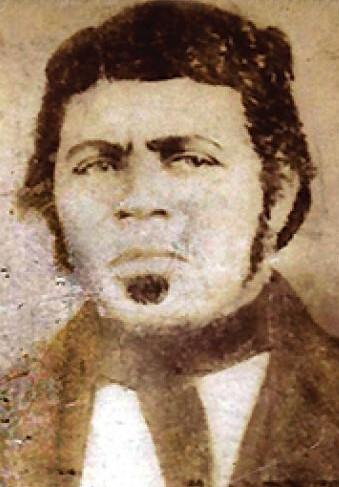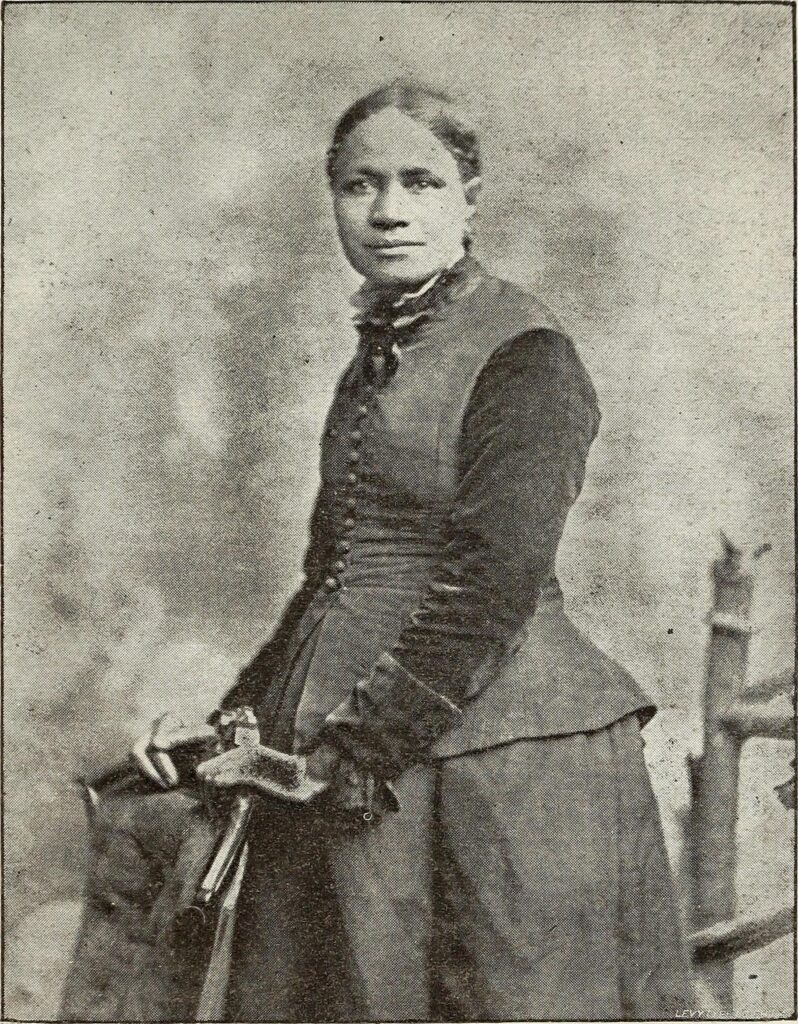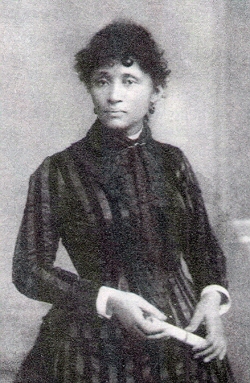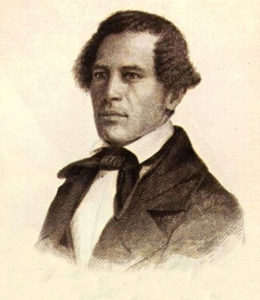The Underground Railroad operated until the 13th amendment to the US constitution banned enslavement in 1865. Freedom-seekers, free Blacks and the descendants of Black Loyalists settled throughout British North America. Some lived in all-Black settlements such as the Elgin Settlement and Buxton Mission, the Queen’s Bush Settlement, and the Dawn Settlement near Dresden, Ontario, as well as Birchtown and Africville in Nova Scotia. Others chose to live in racially integrated communities in towns and cities.
Early African Canadian settlers were productive and innovative citizens. They cleared and cultivated the land, built homes and raised families. Black persons established a range of religious, educational, social and cultural institutions, political groups and community-building organizations. They founded churches, schools, benevolent societies, fraternal organizations and two newspapers.
During the era of the Underground Railroad, Black men and women possessed and contributed a wide range of skills and abilities. They operated various businesses such as grocery stores, boutiques and hat shops, blacksmith shops, a saw company, an ice company, livery stables, pharmacies, herbal treatment services and carpentry businesses, as well as Toronto’s first taxi company.
Wherever African Canadians settled in British North America, they contributed to the socio-economic growth of the communities in which they lived. In their quest for freedom, security, prosperity and human rights, early Black colonists strived to make a better life for themselves, their descendants and their fellow citizens. They left behind an enduring and rich legacy that is evident to this day.
